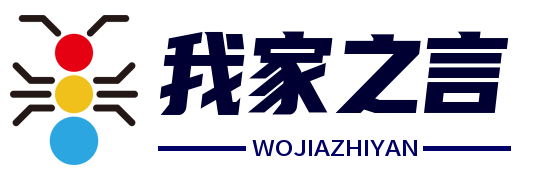In the 21st century, technology has become an integral part of our daily lives, transforming the way we communicate, work, learn, and even think. From smartphones to artificial intelligence, the rapid advancements in technology have brought about significant changes in various aspects of modern life. This essay aims to explore the impact of technology on our lives and discuss the implications of these changes.
Firstly, technology has revolutionized communication. The advent of the internet and social media platforms has made it possible for people to connect with others across the globe in real-time. This has not only facilitated personal relationships but also opened up new avenues for businesses and organizations to engage with their audiences. Video conferencing, instant messaging, and social networking sites have become essential tools for maintaining relationships and conducting business transactions. The convenience and speed of digital communication have made it easier for people to stay in touch with friends and family, regardless of geographical distances.
Secondly, technology has transformed the workplace. Automation and artificial intelligence have led to increased efficiency and productivity in various industries. Machines and robots are now capable of performing tasks that were once reserved for human workers, leading to a shift in the job market. While this has resulted in job displacement for some, it has also created new opportunities in fields such as software development, data analysis, and robotics. Remote work has become more prevalent, thanks to advancements in technology that enable employees to work from anywhere with an internet connection. This has led to a more flexible work-life balance for many people, as well as reduced commuting times and environmental impact.
Thirdly, technology has revolutionized education. Online learning platforms and digital resources have made education more accessible and affordable for people around the world. Students can now attend virtual classes, access course materials, and collaborate with peers from the comfort of their homes. This has been particularly beneficial during the COVID-19 pandemic, when traditional classroom settings were not feasible. Additionally, technology has enabled personalized learning experiences, allowing students to learn at their own pace and focus on areas where they need improvement. Educational institutions are also leveraging data analytics to track student progress and identify areas for improvement in their teaching methods.
However, the impact of technology on modern life is not without its challenges. One of the most significant concerns is the issue of privacy and security. As more aspects of our lives are digitized, the risk of data breaches and identity theft increases. Cybersecurity threats are a growing concern for individuals and organizations alike, necessitating the development of robust security measures to protect sensitive information.
Another concern is the potential for increased social isolation. While technology has made it easier to connect with others, it has also led to a decline in face-to-face interactions. People may become overly reliant on digital communication, leading to a lack of social skills and a sense of disconnection from their communities. This can have negative effects on mental health and overall well-being.
Moreover, the rapid pace of technological advancements can lead to a digital divide, where those with access to technology and the necessary skills to use it are at an advantage, while others are left behind. This can exacerbate existing inequalities and create new challenges for those who struggle to keep up with the ever-changing technological landscape.
In conclusion, technology has had a profound impact on modern life, shaping the way we communicate, work, learn, and interact with the world around us. While there are numerous benefits to be gained from these advancements, it is essential to address the challenges they present, such as privacy concerns, social isolation, and the digital divide. By doing so, we can ensure that technology continues to serve as a force for positive change and improve the quality of life for all. As a society, we must strike a balance between embracing the benefits of technology and mitigating its potential drawbacks, fostering an environment where technology can thrive while promoting social cohesion and well-being.






